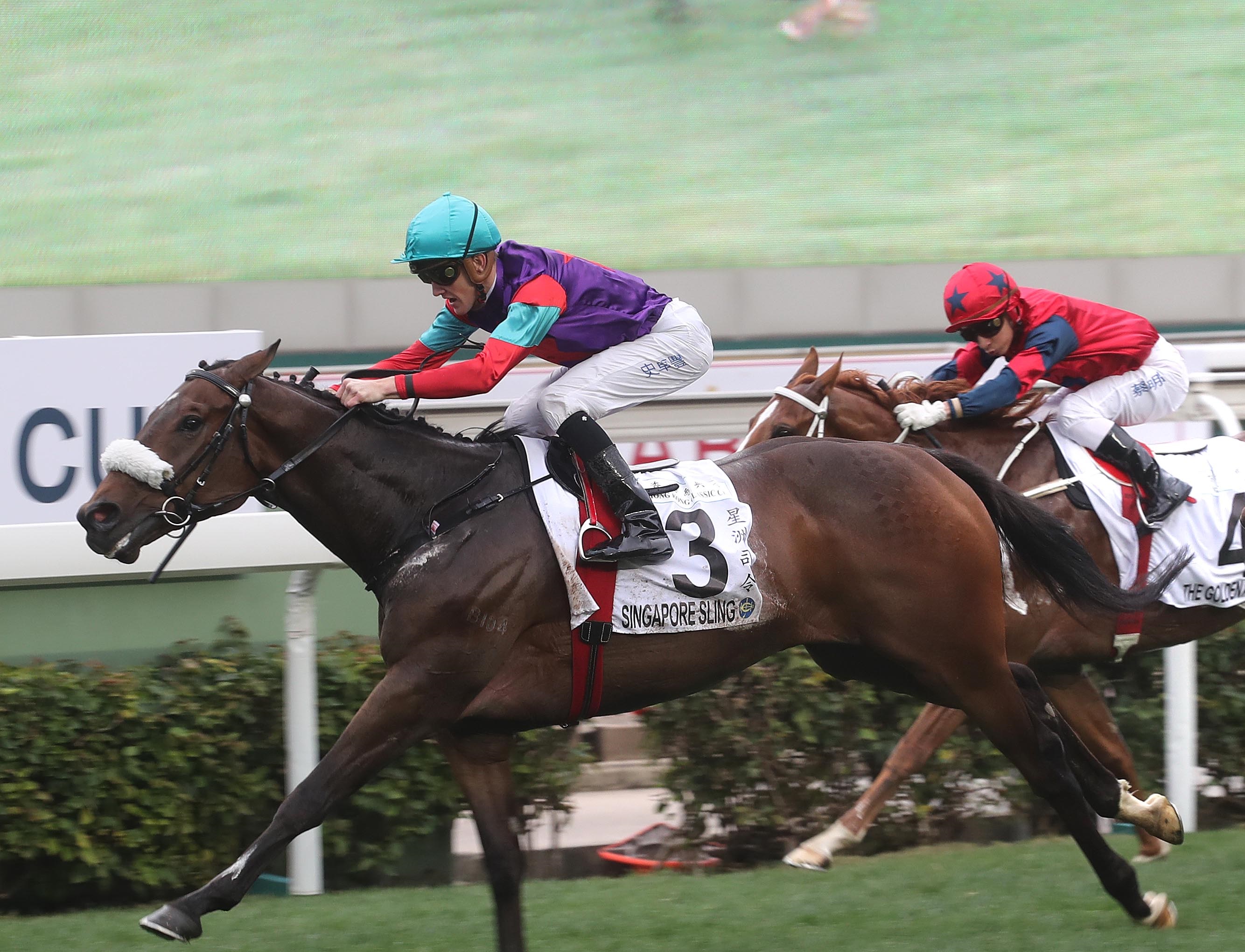
While much of the international racing focus over the past week has been on the BMW Hong Kong Derby and the upcoming Dubai World Cup meeting, the announcement this week that the European Union (EU) has approved the reinstatement of direct exports of registered equines from South Africa is certainly a very welcome development.
The South African thoroughbred racing and breeding industry has spent 13 years in relative isolation since an outbreak of African horse sickness in 2011 led to a ban on directly exporting horses to the European Union.
The consequence of the ban had a profound impact on South African racing and its breeding industry, as well as other equine disciplines, threatening short and long-term viability.
International racing has missed the presence of South African-bred and trained horses at the biggest global meetings and hopefully the reinstatement of direct exports into the EU will provide the first step towards South Africa’s full restoration on the world racing stage.
The Hong Kong Jockey Club has since 2021 funded the South African Equine Health and Protocols (SAEHP) through an agreement with the National Horseracing Authority of Southern Africa (NHA) and also provided critical technical support to SAEHP.

This has been an extensive and intensive process and I want to congratulate the South African Government and SAEHP for their tireless efforts on behalf of the equine industry in South Africa. I know South African’s extremely passionate and dedicated horse racing community is grateful for the support it received, both locally and abroad.
With this key hurdle cleared, there remains much work to do in order to repatriate the South African thoroughbred racing and breeding industry to its former glory.
This breakthrough is vital to ensure the long-term sustainability of racing and breeding in South Africa as it will stimulate economic growth and investment with the opportunity to export South African horses overseas, as well as participate in global racing events to showcase the quality of South African horses.
This is also good news for Hong Kong owners because this development gives them a new opportunity to acquire top-class South African talent to potentially race in Hong Kong.
Over the years, South Africa has produced a number of outstanding horses with several excelling in Hong Kong, including SINGAPORE SLING, VARIETY CLUB, JJ THE JET PLANE and NASSA.

The quality of South Africa’s top horses sits alongside a rich history of producing elite horsemen including Douglas Whyte, Basil Marcus, Felix Coetzee and Tony Millard, among others, who all enjoyed tremendous success in Hong Kong, while trainer Mike de Kock’s global strike rate in Group 1 races is elite with wins in Hong Kong, the United Arab Emirates and Singapore.
I wish the South African racing community the very best in its future endeavours and look forward to seeing the sport thrive once more.
Comment
